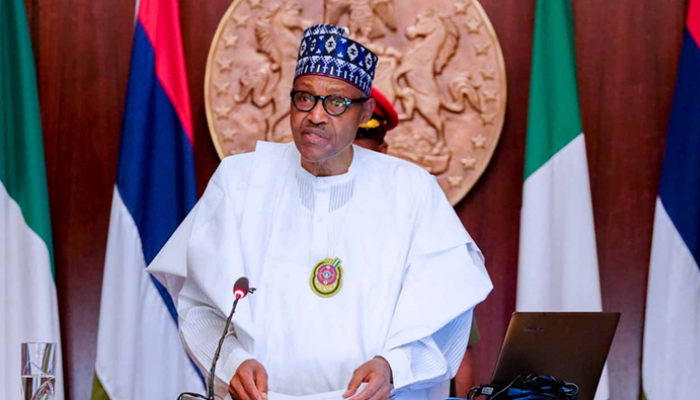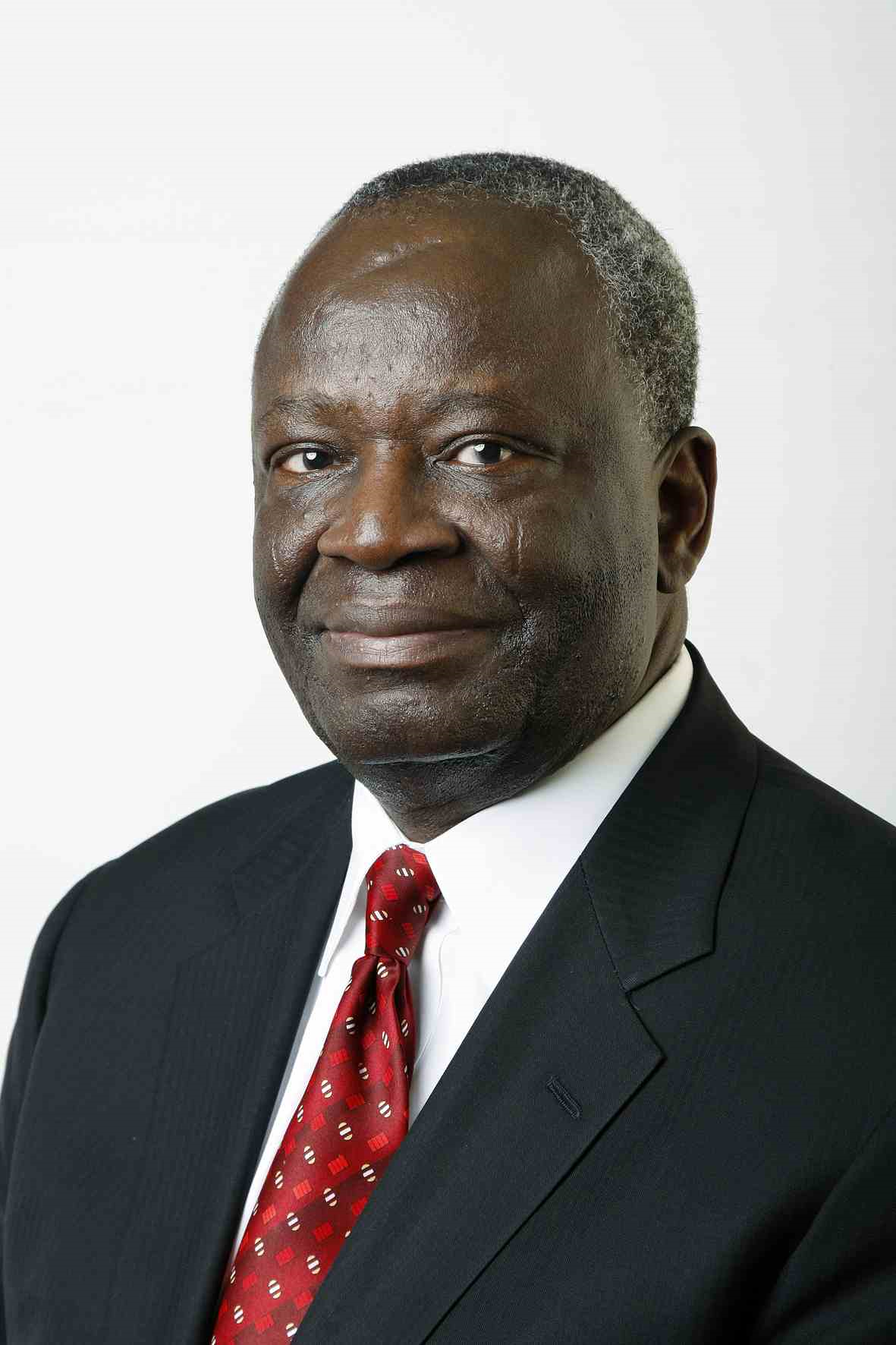Socio-Economic Rights and Accountability Project (SERAP) has taken to the United Nations, UN, the battle to stop the Buhari administration from spendi
Socio-Economic Rights and Accountability Project (SERAP) has taken to the United Nations, UN, the battle to stop the Buhari administration from spending N27bn to renovate the National Assembly complex.
The group in an urgent appeal asked three UN special rapporteurs to use their mandates to urgently request the Nigerian government and the leadership of the National Assembly to reverse the outlay on National Assembly. The group wants the money spread on education and healthcare, which it said have suffered unlawful, disproportionate and discriminatory budget cuts.
The special rapporteurs are: Ms. Koumbou Boly Barry, Special Rapporteur on the right to education; Mr. Dainius Puras, Special Rapporteur on the right to health; and Mr. Olivier De Schutter, Special Rapporteur on extreme poverty and human rights.
In the revised 2020 budget approved on Tuesday, the Federal Government reportedly gave the National Assembly N27bn for the renovation of its complex. The initial allocation before the review was N37billion. Government then slashed allocations for health and Universal Basic Education. The health budget was reduced from N44.4bn to N25.5bn and the UBE budget from N111.7bn to just N51.1bn.
In the urgent appeal dated June 3, 2020, and signed by SERAP deputy director Kolawole Oluwadare, the organization said: “Nigerian authorities are putting politicians’ allowances and comfort before citizens’ human rights.
“The budget cuts show failure to address the growing economic and social inequality in the country, and to genuinely address the consequences of COVID-19 on the poor and marginalized groups.
“Nigeria’s budget deficits are caused by excessive expenditures on politicians’ allowances and mismanagement. Nigerian authorities would only be able to commit to fiscal discipline if they prioritise cutting the allowances of lawmakers and the costs of governance in general, rather than cutting critical funding for healthcare and education.”
“We believe that alternative policies and measures, such as reducing the costs of governance, including the excessive allowances for high-ranking public officials and the lawmakers, would have been a more appropriate solution to addressing budget deficits, as this would increase the available resources for healthcare and education, which in turn would contribute to reducing socio-economic inequality.”
“The number of Nigerians living in extreme poverty has increased since May 2015. The reduction in healthcare and education budgets would exacerbate the prevailing inequalities, poverty, and create a vicious circle of reduction in spending, and increments in socio-economic inequalities.”
“Without your urgent intervention, the Nigerian government and National Assembly would continue to spend the country’s maximum available resources to satisfy the opulent lifestyles of politicians rather than complying with Nigeria’s international human rights obligations to respect, protect, promote and fulfil the rights to healthcare and education the poor and marginalized groups.”
SERAP said the budget cuts areo inconsistent with Nigeria’s commitments to implement Sustainable Development Goals.


